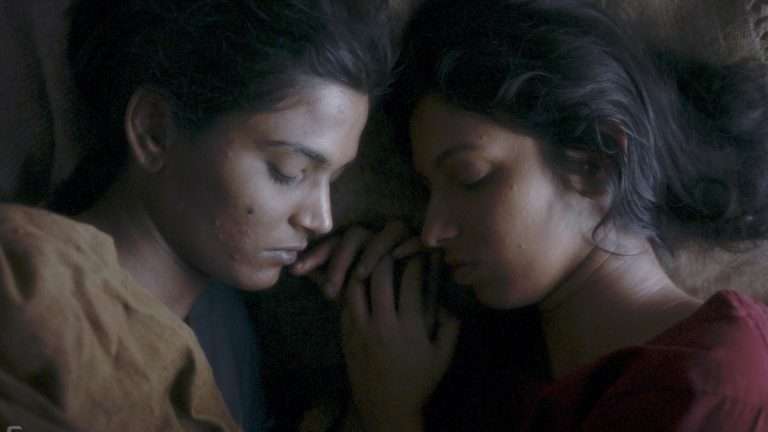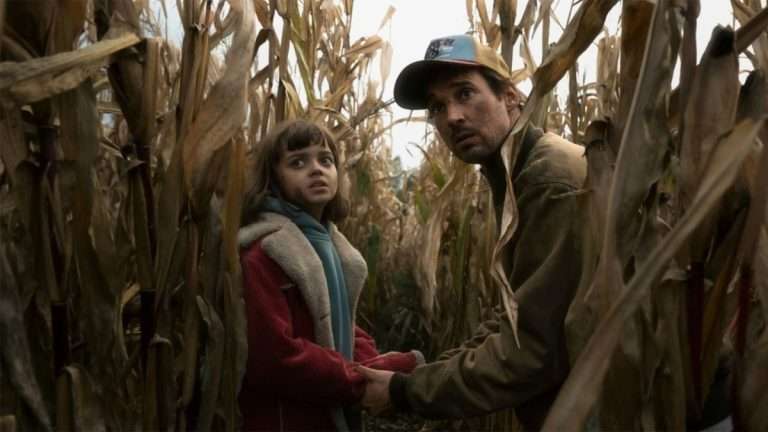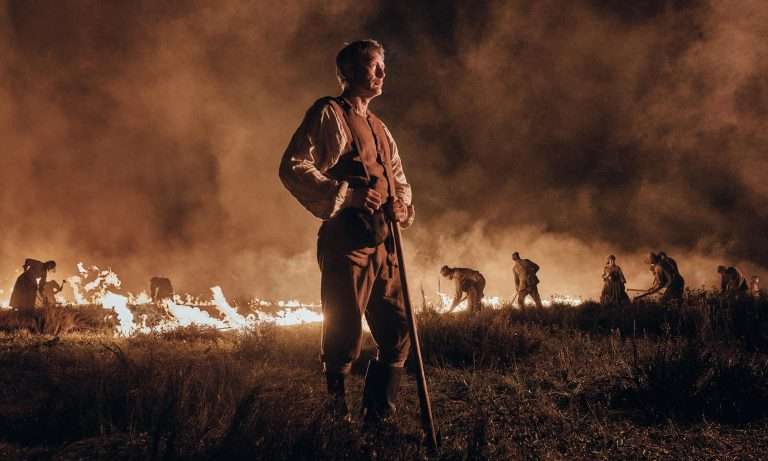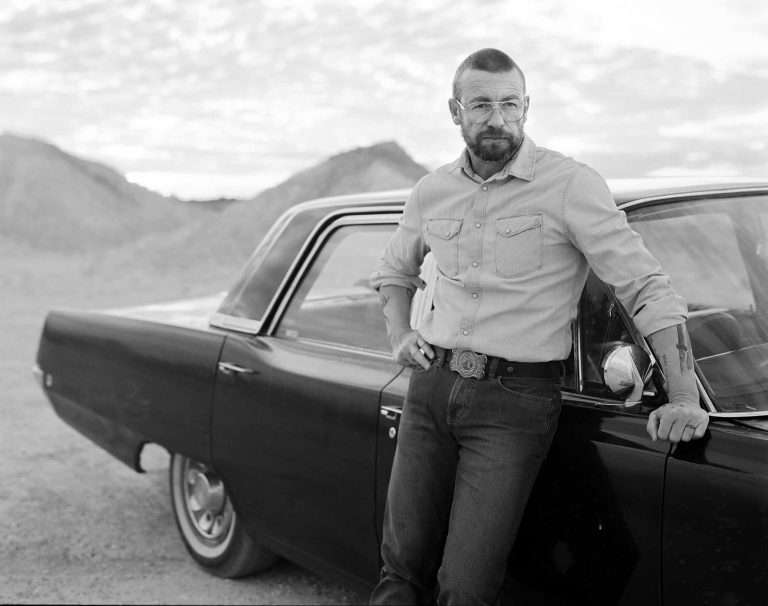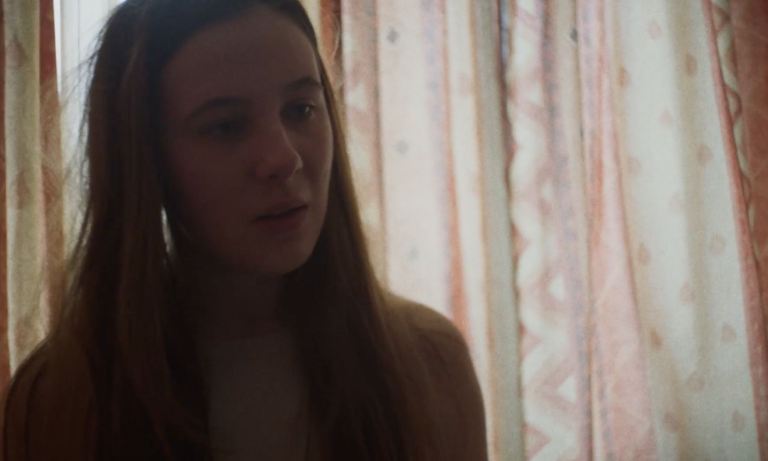There’s a great book titled “Keywords.” It is a kind of cultural lexicon created—or I would rather say compiled—by one of the pioneers of cultural studies, Raymond Williams. I tried to trace the etymological origin of the word “Phobia” there, but couldn’t find it. This vain attempt had its reasons, though… I thought, since we use that word these days more to denote moral diseases rather than clinical ones, it seemed quite urgently relevant to me to know the word’s cultural origins. Maybe—I’m not sure—but perhaps it was quite obsolete, culturally, in the times of Raymond Williams. Howbeit, I had to rely on Google and Wikipedia, which say the word “Phobia” has its origins in the Greek word “Phobos” (φόβος), which can be translated in contemporary canonical English as “morbid fear.”
So, if “Phobia” denotes “Morbid fear,” then can we conclude that “Islamophobia” means suffering from morbid fear at the appearance of Muslims? Well, if this anatomical elaboration of “Islamophobia” doesn’t seem correct to you, then you can correct me. I’m open to all kinds of constructive criticism. But let me tell you, it is not the cultural or etymological origins of “Islamophobia” that I really intend to discuss here. It only felt necessary to mention it in order to contextualize what I actually want to write in this piece. And to contextualize a little more, you have to bear the burden of another paragraph.
What do you think the popular usage of the word “Islamophobia” refers to? For me, it is the apt connotation of a growing moral epidemic. Whoever dislikes the appearance of a Muslim, in particular or in general, is a victim of that epidemic. You are mistaken if you think that the origin of this hatred lies simply in the aftermath of 9/11. It has much deeper roots than you think. Although it ain’t unfathomable. If you want to trace it—which is an urgent political task for everyone at this juncture, I believe—please engage yourself a little with Edward Said’s “Orientalism.”
However, having said all this, I won’t shy away from admitting that every coin has two sides. I think, and I believe, that the Islamic reformist leaders and all Islamic fundamentalist militant groups are responsible for the extreme hatred that their community suffers every day at every corner of the world. You kill a Daniel Pearl, you hijack a plane, and someone innocent pays the price.
Salvatore Scarpa and Max Burgoyne-Moore’s 2025 short “Largo” explores this crisis, which I was trying—or struggling, perhaps—to elaborate till now, from the point of view of a child. Having already been featured in prestigious festivals like Indy Shorts and the British Urban Film Festival, “Largo” is now heading towards its HollyShorts premiere, which will be held in L.A. on August 15th.
Let’s begin with the end. Before the end credits roll, “Largo” enlightens us that: “There are 11 million child refugees in the world. 1.3 million in Europe. 127,000 in the UK. In Europe, 17% are separated from their parents. Last year, 289 died at sea.” This simple information is volatile enough as long as you are only interested in memorizing it as data. But they’ll start haunting you if you try to spot the individuals among the colossal 1.3 million. You’ll find out that each of them has/had a story to tell, and the world needs to listen.
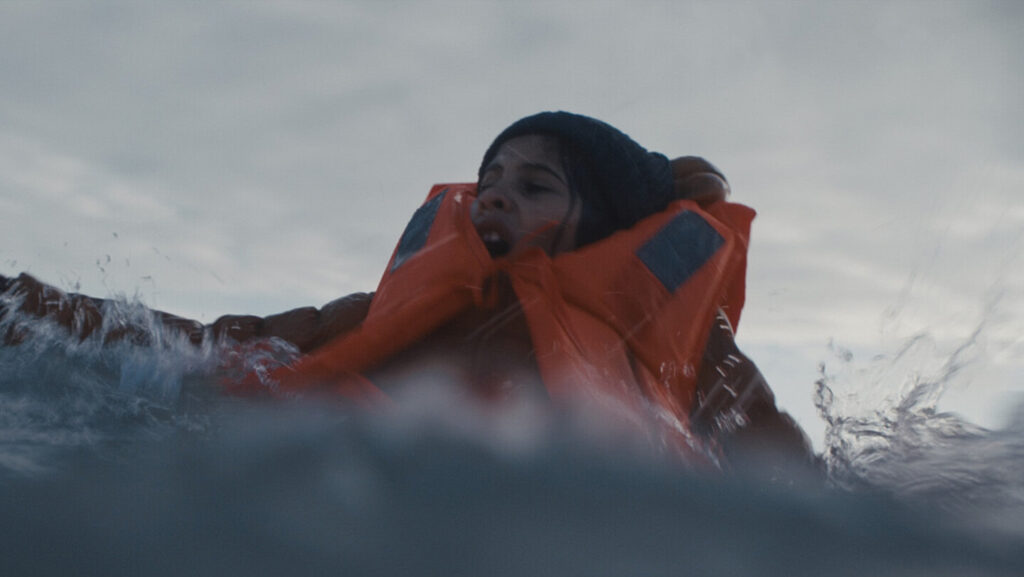
Scarpa and Moore shed off the dehumanizing mechanical cloak of statistics that covers the refugees’ individual identities and demarcates them within the inert data sets. They live merely as mathematical figures for us. “Largo” ain’t a rebel film. All it is interested in doing is exploring the refugee crisis poignantly, in a minimalist fashion, by picking up a boy, “Musa” (Zack Elsokari)—a Syrian refugee—from the inert statistics and placing him, in all flesh and blood, amid a terrain that finds joy in disavowing his existence.
Musa, a helpless teen, has been separated from his parents. He is on a mission to reconcile with his parents. To amalgamate the severed ties, Musa vainly tries to respond to the distorted voice of a coastguard through the radio system. People around Musa find joy (and perhaps a toxic satisfaction) in bullying him. Musa’s desperation to reunite with his parents begins when he is offered a letter from them. Written in Arabic, it reads: “Home is like a turtle in its shell. You take it with you wherever you go.”
Reading the letter for the first time—and again in a later scene—makes Musa’s plight emotionally much heavier to bear. What does Musa’s existence mean to us? Shall we consider him an object in a lifelong search for home? Or a subject who has no home left in the world anymore? I wouldn’t impose it, but the film led me to believe in the latter. As Musa comes across an abandoned boat bearing the titular name, he decides to set out on an odyssey to find his parents—an act that nearly costs him his life.
Repeating “Largo’s” political significance can be irritating, but I want to conclude by spending a few words on the film’s poetic structure. We don’t often come across films with only 18 minutes of duration that are capable of encapsulating one of the biggest concurrent political crises. “Largo” is not an attempt to toy with poeticism; its very mode of storytelling makes it poetic. The water and meadow you see in the film are so lively that they almost breathe.
The yellowish letter in Musa’s hand is potent enough to make your eyes watery. All these elements create an inevitable lyricism that will break your heart in the end—and this, I felt, was important. This is where the film’s ultimate success lies. Because if it had failed to shatter your heart into pieces, you might have misunderstood Musa as a mere statistic – the mistake you make every day(maybe unconsciously, though). In a sense, “Largo” arrives as an emotional praxis—one you need to swallow to rid yourself of the mistakes that dehumanize crises like the refugee experience and simplify them into numbers.

